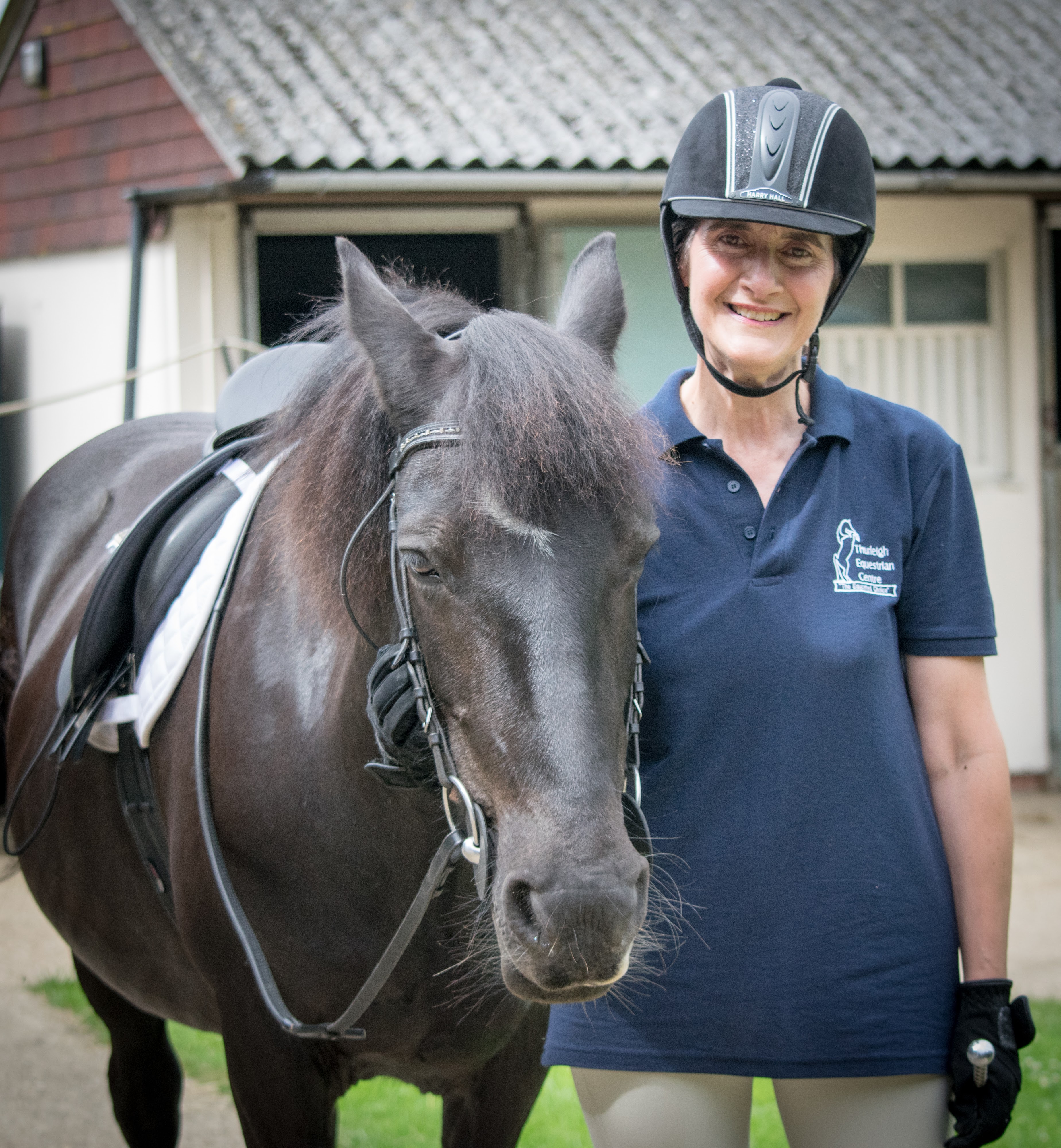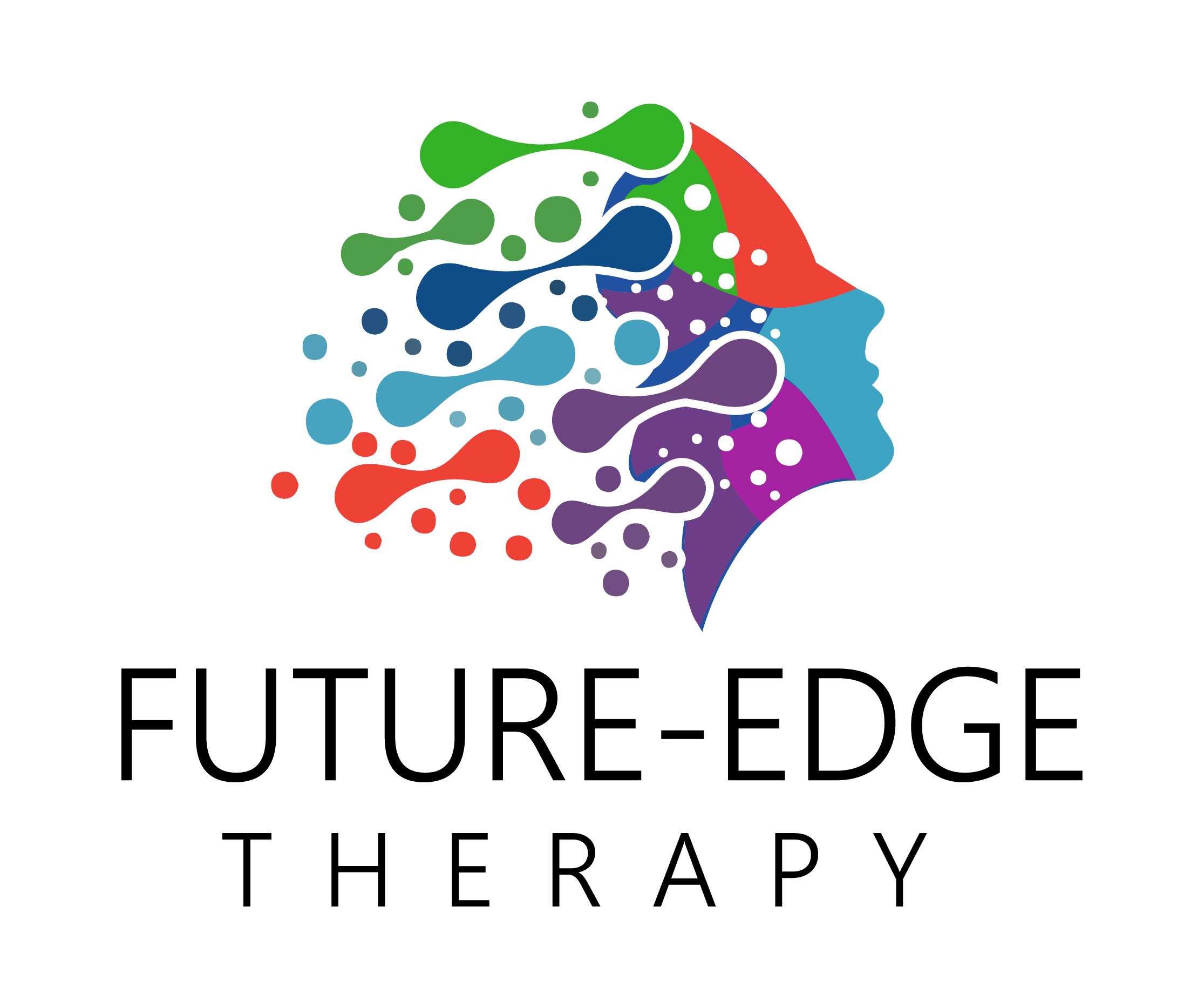
13 May What’s Really Behind Your Lack of Confidence Riding Your Horse?
With the end of the year in sight, much less daylight hours, constant rain or the challenges of everyday life such as having to balance work, family and your horse, it’s easy to start to feel low in mood.
Lack of confidence riding your horse? What’s really behind it?
Anxiety, stress and depression can start to creep in, especially if you have suffered before. Staying motivated and maintaining your winter focus is easier said than done. Goal setting and motivation becomes harder, especially if you are trying to do this by yourself. Inevitably, it can start to have a negative effect on your confidence.
Whatever your riding discipline, whether it be attempting a course of jumps, going cross country or performing a dressage test, keeping on top of your mental and physical game can be a daunting experience. Once you start the downward spiral of negative thoughts and emotions it can start to affect how you think, feel, react and more importantly, how you perform. Considering your horse can react to your feelings and emotions, it can be very difficult to hide these from them. Therefore, your horse’s behaviour is without a doubt affected too which can compound problems.
To perform at their absolute best, riders need to consider numerous internal and external influences for example, their feelings, physical state, their horses welfare and the environment, so it’s no wonder riders lose confidence. I am a keen believer we have three life types – our personal, professional and riding. All three need to be congruent for your self-esteem and confidence to grow. Negative thinking can start to make an impact on your brain. Your brain changes from experiences both present and past so the more negative we think the more negative we can become. Aristotle said, “We are what we repeatedly do” creating negative habits that become hard to turn around.
In my experience working with riders of all abilities and ages, I have come to realise there is often more to it than simply losing confidence. When I started to dig deeper with my clients, I realised more and more riders were suffering with Post Traumatic Stress Disorder (PTSD) or trauma and were being held back by events from their childhood, work environment, accidents, near misses or family situations. Beneath every client’s limiting belief, self-doubt or self-sabotage was a significant event affecting their confidence and resilience. I’d also recovered from my own trauma and experienced first-hand the effect it had on my mindset and body.
As a coach and therapist, I realise to obtain the best results for my clients it is essential to treat the triggers. Once I discovered what these are, it can make a significant difference to the individual’s progress and overall outcome. At times, clients have been unaware of the trauma or event as it has been filed away as a coping strategy, however it can seem to reappear when resilience and confidence are low. Asking the right questions, at the right time and understanding what people say and making the link is vital to establishing the trigger.
What is trauma?
Trauma or a flashback is any significant singular or combination of events that can make you feel physically or mentally uncomfortable for example, increased heart rate, sweaty palms, insomnia, overthinking or increased general anxiety. At times these can be very intense but usually last for a short period of time. A person may forget where they are or be taken back in time to the trauma or event. It’s a reminder of what’s happened in the past and has mental, emotional and often physical effect on the body.
These physical effects are the body’s defence system. I would go as far as saying, almost 99% of the population have experienced some form of trauma. Resilience and support arrangements after the trauma can define how the brain deals with it. Each person reacts differently with some able to process and address what happened moving on with little negative effect, but for the vast majority, trauma continues to eat away manifesting in poor mental health and having profound effects on someone’s confidence and therefore their riding life.
So how do you deal with it?
There are a number or options available for you from self-help to seeing your GP but one would be to work with a qualified therapist or Rider Confidence Coach who has the right skills and experience to treat the trauma and to move your mindset and thinking forward. I use specific techniques that focusses and targets on both the conscious and subconscious mind. These techniques are tailored to the individual and are directed to where the biggest changes can be made which is often at a subconscious level.
The good news is that trauma, PTSD, anxiety and stress can be successfully treated by targeted intervention and you can go onto lead a very happy life thereafter which includes a more positive equestrian experience.
The secret ingredient is simply the desire to let go of these past traumatic events and not allow yourself or your life to be defined by it.
Talk to us
Bonita is a Rider Confidence Coach and Therapist, qualified Professional Personal Performance Coach, a trained NLP, Hypnotherapy, Rewind and Kinetic Shift Practitioner. She specialises in treating trauma & PTSD, anxiety and stress. She has an international coaching client base and offers Rider Confidence Workshops followed by 1-2-1 private sessions and talks.
Bonita has a private client base in Bedfordshire and works with horse riders, individuals and children restoring confidence, removing fears, phobias and working through traumatic events from the past.
Give Bonita a call on 07970 011235, alternatively, you can fill out our online contact form, and she’ll be in touch.
 7 ways to combat anxiety - Free ebook
7 ways to combat anxiety - Free ebook

